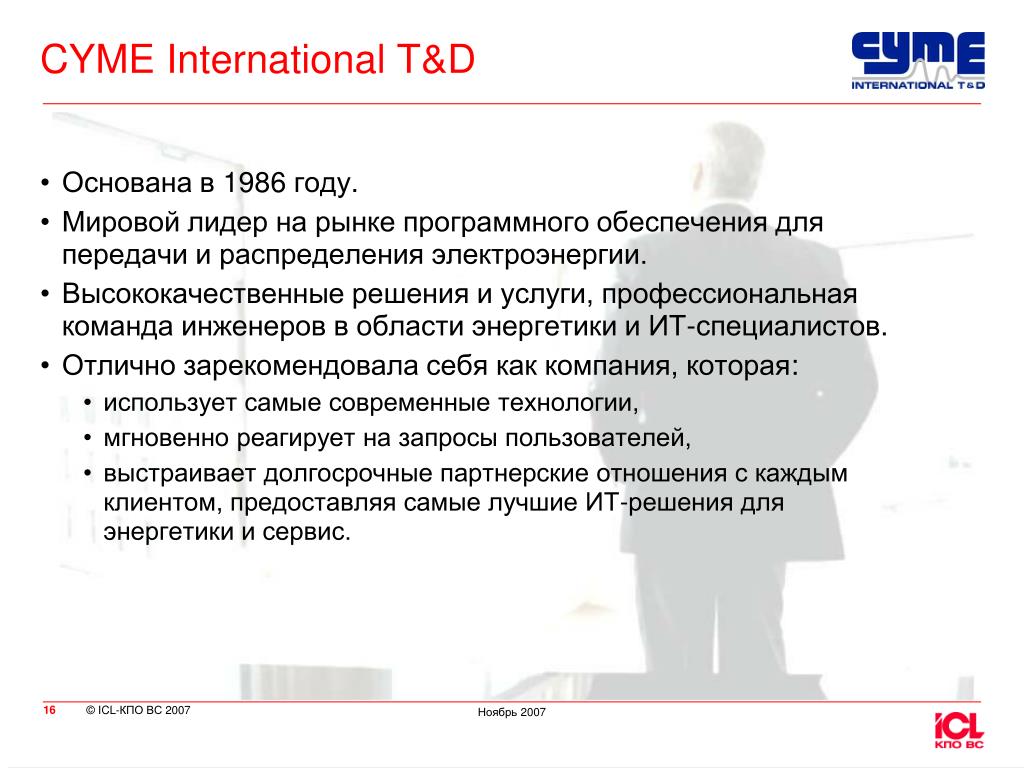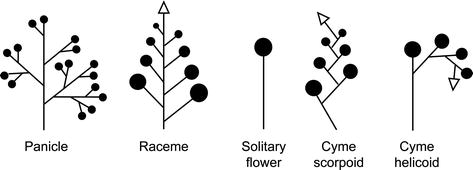

He cites his two-part 1991 article " Die Transsexuellen und unser nosomorpher Blick" ("Transsexuals and our nosomorphic view") as the origin of that term. German sexologist Volkmar Sigusch used the neologism cissexual ( zissexuell in German) in his 1998 essay "The Neosexual Revolution". The term cisgender was coined in 1994 in a Usenet newsgroup about transgender topics. While some believe that the term cisgender is political correctness, medical academics use the term and have recognized its importance in transgender studies since the 1990s. In 2010, the term cisgender privilege appeared in academic literature, defined as the "set of unearned advantages that individuals who identify as the gender they were assigned at birth accrue solely due to having a cisgender identity". Serano also uses the related term cissexism, "which is the belief that transsexuals' identified genders are inferior to, or less authentic than, those of cissexuals". Jillana Enteen wrote in 2009 that cissexual is "meant to show that there are embedded assumptions encoded in expecting this seamless conformity".

For Jessica Cadwallader, cissexual is "a way of drawing attention to the unmarked norm, against which trans is identified, in which a person feels that their gender identity matches their body/sex". Julia Serano has defined cissexual as "people who are not transsexual and who have only ever experienced their mental and physical sexes as being aligned", while cisgender is a slightly narrower term for those who do not identify as transgender (a larger cultural category than the more clinical transsexual). Green wrote in 2006, "'cisgendered' is used to refer to people who do not identify with a gender diverse experience, without enforcing existence of a normative gender expression". In addition, one study published in the Journal of the International AIDS Society used the term cisnormativity, akin to heteronormativity. A number of derivatives of the terms cisgender and cissexual include cis male for "male assigned male at birth", cis female for "female assigned female at birth", analogously cis man and cis woman, and cissexism and cissexual assumption. Sociologists Kristen Schilt and Laurel Westbrook define cisgender as a label for "individuals who have a match between the gender they were assigned at birth, their bodies, and their personal identity".

In the case of gender, cis- describes the alignment of gender identity with assigned sex. This usage can be seen in the cis–trans distinction in chemistry, the cis and trans sides of the Golgi apparatus in cellular biology, the cis–trans or complementation test in genetics, in Ciscaucasia (from the Russian perspective), in the ancient Roman term Cisalpine Gaul (i.e., ' Gaul on this side of the Alps'), Ciskei and Transkei (separated by the Kei River), and more recently, Cisjordan, as distinguished from Transjordan. Cisgender has its origin in the Latin-derived prefix cis-, meaning 'on this side of', which is the opposite of trans-, meaning 'across from' or 'on the other side of'.


 0 kommentar(er)
0 kommentar(er)
